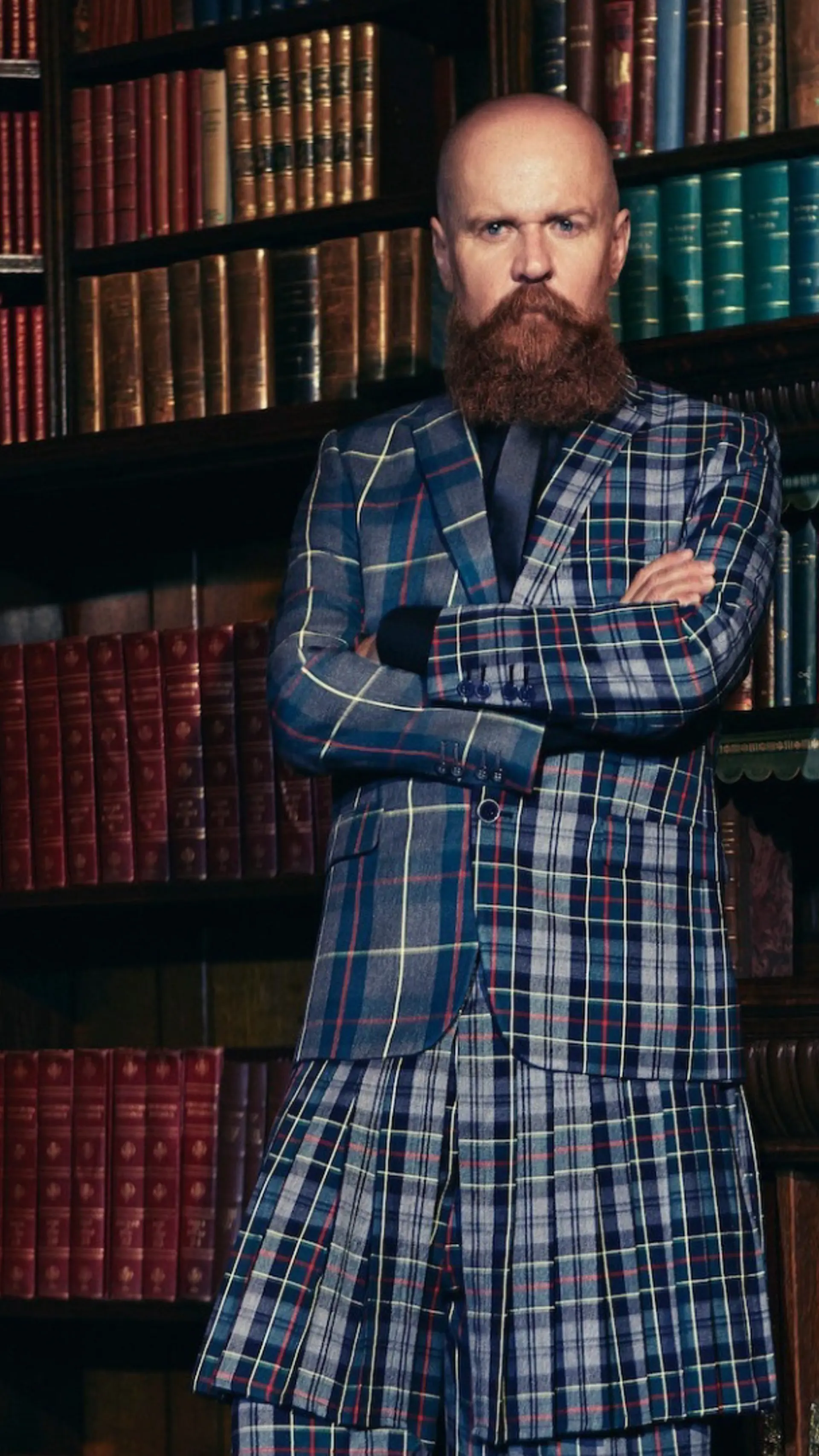
Alexander Bard
Visionary cyber philosopher offering powerful insights on digitalization, helping organizations embrace change and thrive in the digital future.

Visionary cyber philosopher offering powerful insights on digitalization, helping organizations embrace change and thrive in the digital future.
Unlock the future of digitalization with Alexander Bard, a visionary thinker blending technology, culture, and innovation. Through captivating insights, he inspires leaders to embrace change, rethink strategies, and thrive in a rapidly evolving digital world. Book Alexander Bard for transformative ideas that drive success.
Alexander Bard is a renowned cyber philosopher, author, and futurist known for his powerful insights on digitalization, innovation, and societal change. With a diverse background in music, politics, and technology, Alexander brings a unique and multidisciplinary perspective to the stage, helping organizations understand and embrace the future.
He first gained fame in the 1990s as part of the iconic pop groups Army of Lovers and BWO, showcasing his creativity and ability to captivate audiences. Beyond his music career, he founded Stockholm Records, a label that propelled major Swedish acts like The Cardigans and A-Teens to international success. His background in the creative industry, combined with his deep interest in technology and culture, led him to become one of the world’s most recognized digital thought leaders.
As the author of five influential books, including The Netocrats, Syntheism, and Digital Libido, Alexander has developed bold theories on the impact of digitalization, social change, and future business strategies. His work explores how digital trends, participatory culture, and technological advancements are reshaping industries, leadership, and human behavior.
In his fast-paced, thought-provoking keynotes, Alexander delivers powerful insights that challenge conventional thinking. Drawing from decades of research and practical experience, he equips leaders with strategies to embrace digital disruption, foster innovation, and unlock new growth opportunities.
In addition to his speaking engagements, Alexander is an active educator at the Stockholm School of Economics, where he mentors leaders on digital transformation and future trends. His sharp insights, charismatic delivery, and engaging storytelling make his presentations both entertaining and impactful.
Book Alexander Bard for your event to gain transformative insights, challenge outdated ideas, and prepare your organization for the future.

Keynote by Alexander Bard: